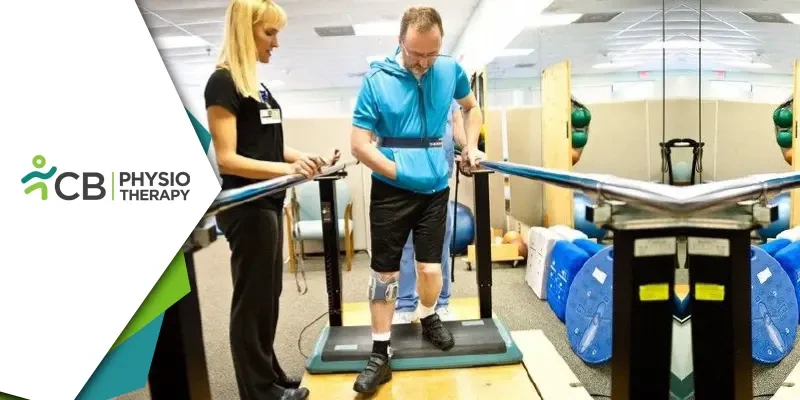World MS Day, observed on May 30th each year, was initiated by the Multiple Sclerosis International Federation (MSIF) and its members. The day aims to bring together individuals affected by MS, healthcare professionals, and organizations working in the field to raise awareness and promote understanding of the condition. It serves as a platform to educate the public, challenge misconceptions, and advocate for improved access to healthcare, support, and research for MS. In this blog, we will explore the role of physiotherapy in MS management, highlighting its benefits and the specific techniques employed by physiotherapists to address the unique needs of MS patients.
Physiotherapy plays a fundamental role in the management of MS. It focuses on enhancing physical function, promoting mobility, and improving the lives of individuals with MS. Physiotherapists work closely with patients to develop personalized treatment plans that address their unique needs and challenges. The goals of physiotherapy in MS management include increasing strength and flexibility, improving balance and coordination, managing spasticity, reducing pain, and promoting independence in daily activities. Exercise programs designed by physiotherapists can improve muscle strength, flexibility, and cardiovascular fitness, promoting overall physical well-being. By reducing spasticity and improving the range of motion through techniques like stretching and proprioceptive neuromuscular facilitation (PNF), physiotherapy can enhance mobility and functional abilities. Additionally, physiotherapists provide education and guidance on energy conservation strategies to combat fatigue and optimize energy levels.
Physiotherapy Techniques for MS Management:
Physiotherapists employ a variety of techniques to support individuals with MS. These may include:
Functional Electrical Stimulation (FES): FES involves the use of electrical impulses to stimulate specific muscles, helping individuals with MS to improve muscle strength, control, and coordination.
Exercise Programs: Tailored exercise programs encompassing strength training, aerobic exercises, and activities targeting balance and coordination help improve physical fitness and functional abilities.
Balance Training: Physiotherapists employ specific exercises and activities to enhance balance and reduce the risk of falls. This may involve standing on unstable surfaces, using balance boards, or practicing various balance exercises.
Gait Training: Gait abnormalities are common in individuals with MS. Physiotherapists focus on gait retraining, utilizing techniques such as partial weight-bearing exercises, treadmill training, and functional electrical stimulation to improve walking ability.
Hydrotherapy: Aquatic exercises performed in a warm-water pool provide a supportive and low-impact environment, promoting muscle strength, flexibility, and cardiovascular fitness. Water buoyancy also helps reduce the load on joints, making it ideal for individuals with MS.
Assistive Devices: Physiotherapists assess the need for assistive devices such as canes, walkers, or orthotics, and provide training on their proper use, ensuring optimal mobility and independence.
Physiotherapy plays a vital role in the management of multiple sclerosis, offering significant benefits to individuals living with this condition. Physiotherapy offers numerous benefits for individuals living with MS. Through targeted exercises and interventions, physiotherapy can help manage symptoms such as muscle weakness, spasticity, and balance impairments. It is important for individuals with MS to work closely with their healthcare team, including physiotherapists, to develop personalized treatment plans that address their unique needs and goals. By leveraging the expertise of physiotherapy, individuals with multiple sclerosis can maximize their physical functioning and live a quality life.

